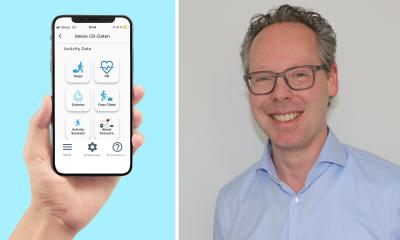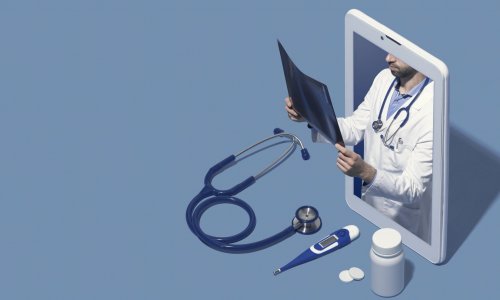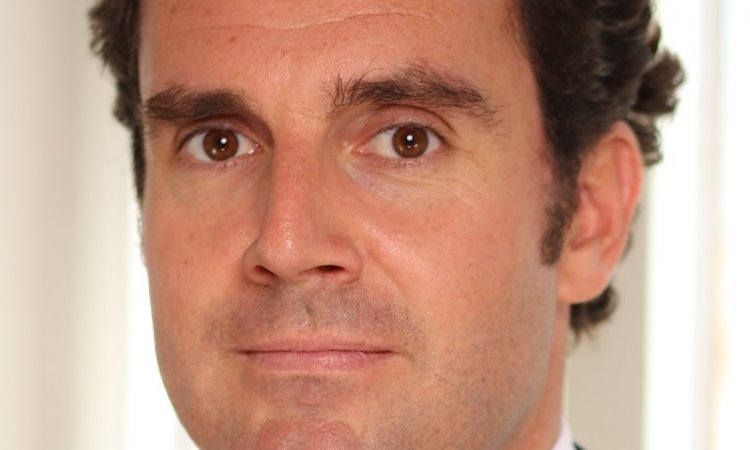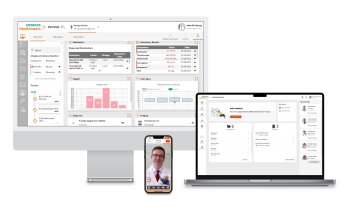Med-e-Tel
Med-e-Tel - the International Exhibition and Conference for eHealth, Telemedicine and Health ICT - will present a multitude of ICT healthcare applications for debate.
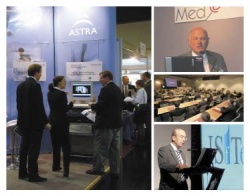
eHealth standardization and interoperability issues will be tackled by the IHE initiative (Integrating the Healthcare Enterprise) whose experts will explain the IHE process and the industry’s role in this, and what IHE has to offer for Regional Health Information Networks.
The European Commission will use Med-e-Tel as a forum to present results of recent health ICT research, and this, together with European ehealth projects (e.g. standard and interoperable satellite solutions to deploy healthcare services over wide areas), knowledge sharing and decision support for healthcare professionals (Doc@Hand), and new generation telemedicine services for homecare (Interlife).
The role of advanced technology in global healthcare challenges and opportunities will be addressed by the Telemedicine and Advanced Technology Research Centre (TATRC), an element of the US Army.
A returning topic at Med-e-Tel is ‘eHealth for Developing Countries’. eHealth is an important tool to cope with the specific healthcare problems that exist in the developing world (shortage of qualified doctors and specialists, AIDS/HIV pandemic, etc.). Previous Med-e-Tel editions already saw participants from El Salvador to Tanzania and from Zambia to Indonesia gaining a wealth of information at the event. The 2006 session will again draw large numbers from developing countries. This session is co-organized by the World Health Organization (WHO), International Telecommunication Union (ITU), International Society for Telemedicine & eHealth (ISfTeH) which are at the forefront of telemedicine and ehealth implementation in the developing world.
In addition, the role of satellite communication and space-based technology applications, especially for developing countries, will be explored by the United Nations Office for Outer Space Affairs (UNOOSA).
The information, communications and technology sectors, are an integral and important part of he telemedicine and ehealth landscape. “What are the implications of ehealth for the ICT industry?” and “What will (or should) be the impact of ehealth on ICT regulation and policy?” are questions that form the basis of a session that the International Telecommunications Society (ITS) is presenting in the frame of Med-e-Tel 2006. ITS regroups professionals and researchers from the concerned ICT industries.
The Luxembourg Institution for Healthcare Research (CRP-Santé) will conduct a regional seminar aimed at hospitals, health insurers, industry, and policy makers. The seminar will look at how health IT leads to new solutions, patient empowerment, and new marketing strategies for hospitals, mutualities and insurance providers and the industry. Business cases will illustrate successful applications in automated appointment bookings, online consultation of patient records, CRM in the hospital, e-learning, telemonitoring, image transfer, mobile applications, e-prescribing and health portals.
The above conference sessions will be complemented with various additional sessions on the topics of home telehealth, disease/health management, legal and ethical aspects of ehealth, and practical telemedicine and ehealth applications in various medical disciplines.
The Med-e-Tel exhibition floor will showcase medication compliance products, imaging/PACS systems, home telehealth and remote monitoring systems and services, clinical software packages, electronic medical records, results of telemedicine and ehealth projects, and much more.
Details: info@medetel.lu or www.medetel.lu
23.05.2006



